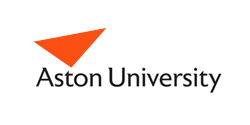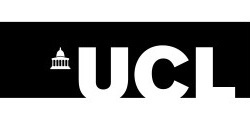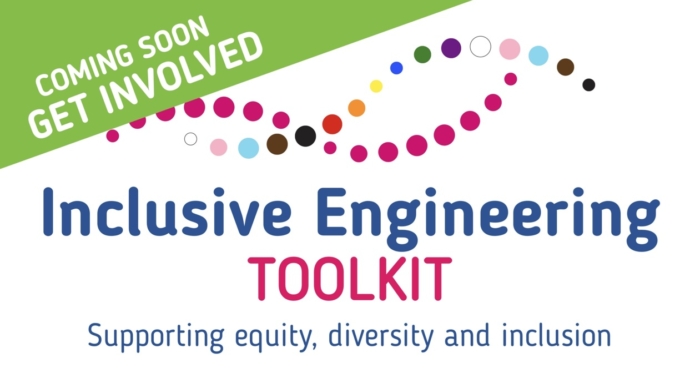In our Curriculum Development and Teaching Innovation Toolkit you’ll find just a sample of the range of resources available to support curriculum development and innovation in teaching engineering programmes, with links to some of the engineering education research centres. This is an area which is developing constantly so please do contribute links and resources to keep it up to date by starting a discussion or contacting us directly.
 The University of Manchester’s Faculty of Engineering and Physical Sciences publishes a range of resources to support teaching innovation in an online collaborative space “created for staff …with an interest in enhancing their teaching, and an enthusiasm for the Scholarship of Teaching and Learning.”
The University of Manchester’s Faculty of Engineering and Physical Sciences publishes a range of resources to support teaching innovation in an online collaborative space “created for staff …with an interest in enhancing their teaching, and an enthusiasm for the Scholarship of Teaching and Learning.”
 Established in 2011, the University of Liverpool’s Centre for Engineering Education “researches, develops, shares and supports best teaching and learning practice, within the School of Engineering and nationally“.
Established in 2011, the University of Liverpool’s Centre for Engineering Education “researches, develops, shares and supports best teaching and learning practice, within the School of Engineering and nationally“.
 “The Aston Engineering Education Research Group is focused on developing the understanding that will enable colleagues across the sector to introduce innovative and relevant learning and teaching practice that addresses the needs of industry whilst engaging students in their learning.”
“The Aston Engineering Education Research Group is focused on developing the understanding that will enable colleagues across the sector to introduce innovative and relevant learning and teaching practice that addresses the needs of industry whilst engaging students in their learning.”
The group is made up of both engineering and social science academics and examines the whole ‘engineering education pipeline’ from primary school to the employment of engineers and their continued learning.

The Centre for Engineering and Design Education (CEDE) is “funded to help the engineering and design Schools at Loughborough University by undertaking research or projects to improve the student learning experience and encourage effective and efficient practice and innovation in teaching“.

Established in April 2015, UCL has brought together expertise from its Institute of Education with its Faculty of Engineering Sciences to form the UCL Centre for Engineering Education. The centre is “interested in not only supporting developments in primary and secondary education and but also how to create a better articulation between the vocational (FE and apprenticeship) and HE routes into engineering, as well as working with companies to address their changing skill needs“.

- Royal Academy of Engineering has a number of teaching resources available.

Any views, thoughts, and opinions expressed herein are solely that of the author(s) and do not necessarily reflect the views, opinions, policies, or position of the Engineering Professors’ Council or the Toolkit sponsors and supporters.




